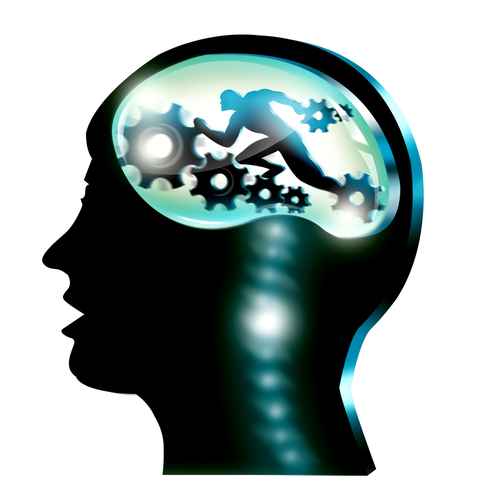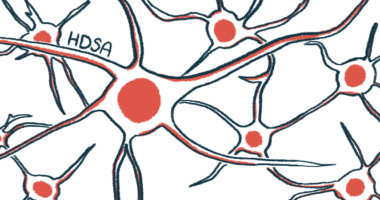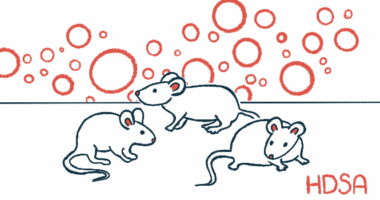Apathy Linked to Physical, Cognitive and Behavioral Disability in Huntington’s Patients, Study Finds

Apathy is linked to physical, cognitive, and behavioral impairments in patients with Huntington’s disease, a study shows.
The study, “Relationships Among Apathy, Health-Related Quality of Life, and Function in Huntington’s Disease,” was published in The Journal of Neuropsychiatry and Clinical Neurosciences.
Huntington’s disease is characterized by the accumulation of toxic protein aggregates inside nerve cells, affecting the cells’ ability to work and eventually killing them. As the disease progresses, patients experience motor, cognitive, and behavioral changes.
Up to 90% of Huntington’s patients also experience apathy, defined as a marked by a reduction in goal-directed behaviors, including self-care, social interactions, and mobility. Indeed, apathy can be one of the most disabling behavioral symptoms for both patients and their caregivers.
Previous studies have suggested that apathy can be a useful clinical marker of disease progression. But it is unclear if it precedes motor impairments or occurs early in the disease course. Several reports have linked this behavioral symptom with disability across different disease stages.
To better understand the association between apathy and functional, motor, cognitive, and behavioral outcomes in Huntington’s, researchers analysed clinical data covering 471 patients. Among them, 193 had the genetic mutation linked to the disease but had not yet developed clinical symptoms (prodromal stage), 187 had early stage disease, and 91 had late stage Huntington’s.
Apathy levels differed by stage of disease, with individuals in the prodromal group, not surprisingly, showin lesser apathy than those in the early- and late-stage groups.
Higher expressions of apathy related to lesser independence, greater motor impairment, and more clinician-rated behavioral problems (defined as anger, irritability, depression), across all groups of patients.
Apathy levels were also high i patients who reported having poor health-related quality of life. Measures of poor life quality included greater chorea (abnormal involuntary movements), greater upper- and lower-extremity dysfunction, greater speech and swallowing difficulties, high levels of anxiety, depression, and poor cognitive function.
“These findings are consistent with work in other neurodegenerative diseases and suggest that clinical interventions should consider targeting apathy,” the researchers wrote. “It appears to be rather pervasive in terms of affecting multiple aspects of functioning and health-related quality of life.”
The team believes that additional studies are necessary to evaluate the potential impact that “clinical interventions targeting different functional domains” may have in easing apathy in Huntington’s patients.






